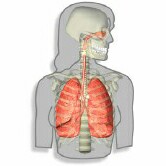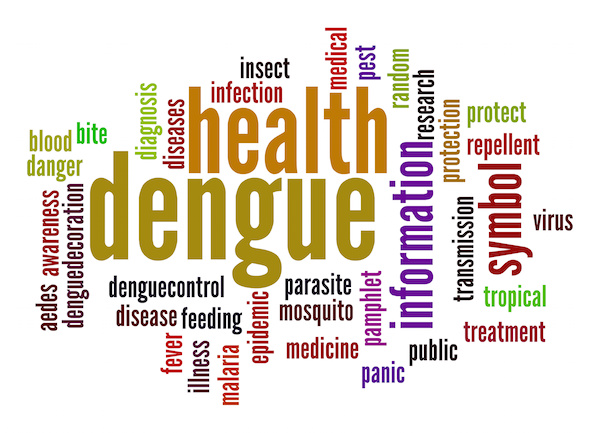
MONDAY, May 19, 2014 (HealthDay News) — As media reports warn of the first cases of the potentially deadly MERS virus in the United States, three new studies suggest that certain existing drugs might help fight the illness.
So far, three U.S. patients have been identified as having been infected with Middle East Respiratory Syndrome (MERS) virus, according to the U.S. Centers for Disease Control and Prevention. One, a man from Illinois, has shown no symptoms but tested positive for infection. The other two — one man in Florida, another in Indiana — had recently returned from Saudi Arabia and got sick but have since recovered.
The MERS virus first surfaced in 2012 in the Middle East, where most of the cases have occurred. Since that time, there have been 536 laboratory-confirmed cases and 145 deaths, according to the World Health Organization. Symptoms typically include shortness of breath, coughing and fever.
MERS kills about one-quarter of the people who contract the virus, according to CDC officials.
However, new studies offer some hope for patients. In the first study, researchers reviewed 290 drugs that were already approved in the United States or are in advanced development.
Of those drugs, 27 worked against both the MERS virus and the Severe Acute Respiratory Syndrome (SARS) virus, which made headlines because of a widespread outbreak in 2003. Both of the pathogens come from the coronavirus family of viruses.
Among the effective drugs are cancer drugs and antipsychotics, said Matthew Frieman, University of Maryland Medical School, and colleagues. He noted that the use of existing drugs to treat MERS could get around the need to create new drugs to fight the virus — something that could take a long time.
In the second study, European researchers screened 348 U.S. Food and Administration-approved drugs. They spotted four that appeared effective against MERS and SARS at relatively low concentrations. These included two also identified in the first study: the antimalarial drug chloroquine and the antipsychotic chlorpromazine.
Further research in animals is required, but these findings may offer “a starting point” for treatment of patients infected with MERS, according to study co-author Eric Snijder of Leiden University Medical Center in the Netherlands.
A third study found that an experimental drug previously shown to prevent the SARS virus from multiplying had the same effect on MERS. The drug could help point the way to the development of drugs that could be used to treat MERS, SARS and other coronaviruses, according to co-author Stefan Sarafianos of the University of Missouri.
The three studies were published online May 19 in the journal Antimicrobial Agents and Chemotherapy.
More information
The World Health Organization has more about MERS.
Copyright © 2026 HealthDay. All rights reserved.

